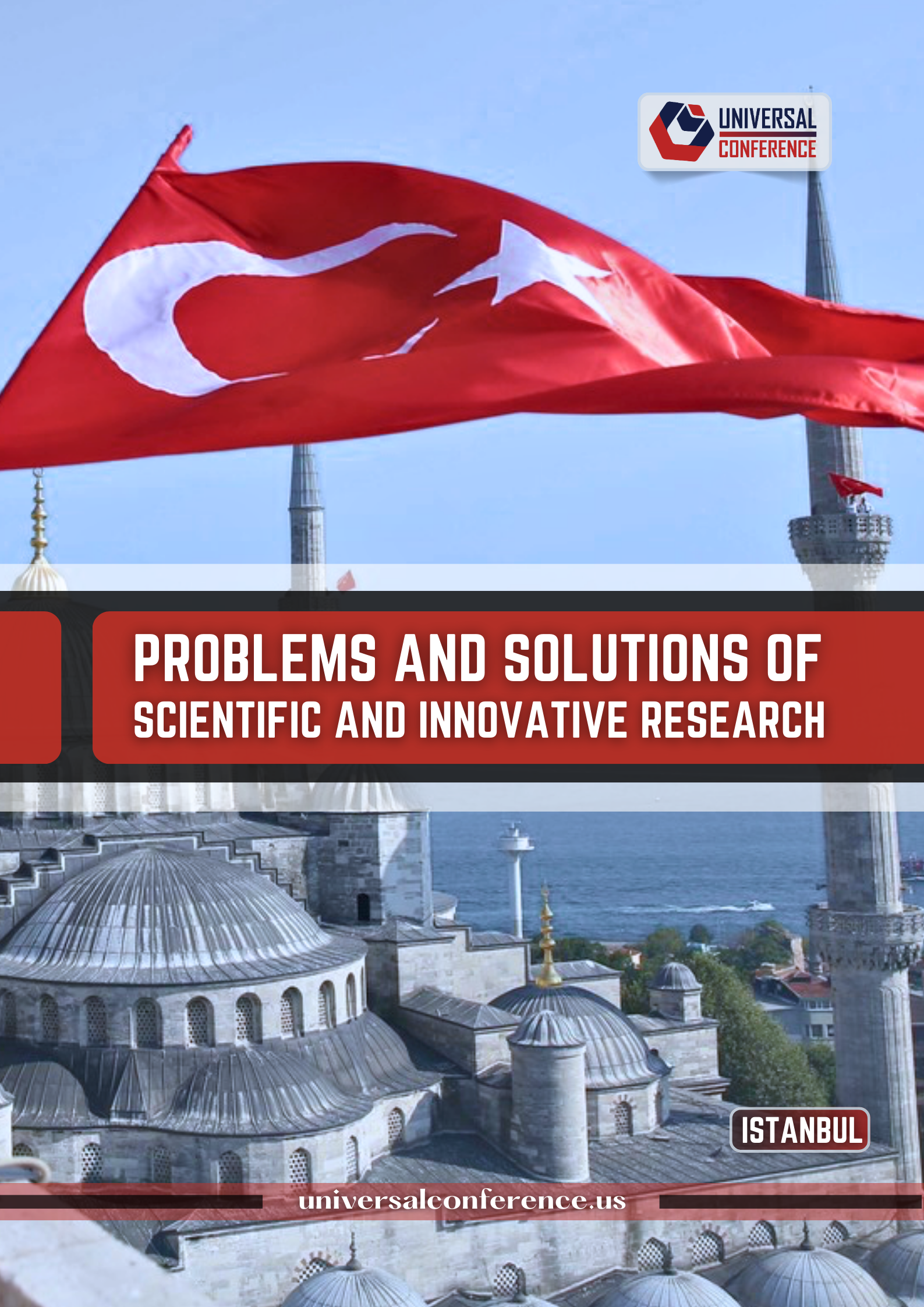The Easiest Way to Learn English Quickly
Keywords:
Goals, practice, language apps, Grammar rulesAbstract
Learning English quickly and efficiently is a goal for many people worldwide, whether for work, travel, or personal growth. As one of the most widely spoken languages globally, mastering English can open doors to new opportunities. However, learning a new language can sometimes feel overwhelming. Here are some practical tips and strategies to help you learn English faster and more effectively:
References
1. Brown H. Douglas. “Principles of Language Learning and Teaching” (5th ed.). Pearson Education, 2007. 410 bet.
2. Nation I.S.P. “Learning Vocabulary in Another Language” (2nd ed.). Cambridge University Press,
3. Vocabulary in Another Language (2nd ed.). Cambridge University Press.
4. Thornbury, Scott. How to Teach Vocabulary. Pearson Education, 2002. 208 pages.
5. H S Gafforov, N N ZubaydovaGender and its effect on language acquisition Academic research in educational sciences 2 (5), 217-220, 2021
6. Ur, Penny. A Course in English Language Teaching (2nd ed.). Cambridge University Press, 2012. 336 pages.
7. Lightbown, Patsy M., and Nina Spada. How Languages are Learned (4th ed.). Oxford University Press, 2013. 296 pages.
8. R. A Utkurovich, R. G Utkurovna. “Teaching English Language To Primary Level Pupils At School” Ijodkor O’qituvchi 3 (36), 103-105, 2024.
9. Shokhista, R. (2023). The Significance Of Emphasizing Communicative Competence As The Foundation For Teaching Listening And Speaking Skills Rustamova Shokhista Sharifovna. International Journal of Contemporary Scientific and Technical Research, 25-28.
10. Rustamova, S. S. (2023, January). The Importance Of Speaking Activities In Teaching English. In International Conferences (Vol. 1, No. 1, pp. 357-361).
11. Sharifovna, R. S. (2022). Teaching Spoken English To Upper Class Pupils. Confrencea, 6(6), 87-89.
12. Sharifovna, R. S. (2022). Class Size And The Learning-Teaching Process In Upper Classes. Journal of new century innovations, 14(1), 86-98.
13. Sharipovna, R. S. Peculiarities Of Teaching English In Secondary Schools In Uzbekistan. International Journal of Innovations in Engineering Research and Technology, (2), 1-5.
14. Махмудова, Г. Н., & Гуломова, Н. Ф. (2023). Проблемы формирование цифровой экономики в странах ЕАЭС. In Интеллектуальная платформенная экономика: тенденции развития (pp. 10-48).
15. Suleymanova, N. M. (2020). On The Nominative Nature Of The Sentence. Theoretical & Applied Science, (4), 307-309.
16. Сулейманова, Н. М. (2017). Номинативный аспект речевого процесса. In Humanities and Social Sciences in Europe: Achievements and Perspectives (pp. 76-82).
17. Suleymanova, N. M., & Idiyev, A. R. O. G. L. (2021). Gapning Nominativ Aspekti Va Uning Kommunikativ Jarayoni Haqida. Academic research in educational sciences, 2(12), 805-809.
18. Сулейманова, Н. М., & Абдуллаева, Л. Т. (2017). Имманентный характер синергетических свойств единиц языковой системы. In Инновации В Современном Языковом Образовании (pp. 61-65).
19. Ikrambayevna, S. D. (2024). Classification of Functions of Communicative Strategy and Tactics in Political Communication. Miasto Przyszłości, 50, 548-553.
20. Sattarova, D. (2024). Siyosiy Muloqotning Pragmatik Aspektlari. Tamaddun Nuri Jurnali, 5(56), 380-383.
21. Axmedova, D., & Zarmaskhonov, S. (2024, February). Exploring Global Perspectives In Language Teaching And Learning. In Conference Proceedings: Fostering Your Research Spirit (pp. 205-207).
22. Sattarova, D. (2024, January). Siyosiy Notiqlikning Milliy Mаdаniy Vа Lisoniy Tаhlili (Oʼzbekiston Respublikasi Birinchi Prezidenti Iа Karimov Nutqlari Asosida). In Международная конференция академических наук (Vol. 3, No. 1, pp. 5-7).
23. Jumayeva, M. (2022). Analysis Of The Views Of Scientists Of The Renaissance, Based On A Unique Approach To Pedagogy And Education And Upbringing. Science and Innovation, 1(5), 26-29.
24. Bekzodovna, J. M., & Akbarovna, D. G. (2023). Innovative Methods and Tools in Higher Education. Science and Innovation, 2(11), 708-715.
25. Jumayeva, M., & Jumatova, B. (2023). Linguopragmatic Features Of Expressions Expressing Feelings In Uzbek And English Literary Texts. Science and innovation, 2(C12), 166-169.
26. Makhmudova, G. N., & Gulomova, N. F. (2023). Unlocking the potential of the digital econ-omy in the EAEU countries: identifying and overcoming obstacles. π-Economy, 16 (4), 7–25. DOI: https://doi. org/10.18721/JE, 16401.
27. Гуломова, Н. (2022). Основные компоненты развития «умного» туризма в регионах. Направления развития благоприятной бизнес-среды в условиях цифровизации экономики, 1(01), 63-67.
28. Makhmudova, G., Gulomova, N., & Mirzaev, D. (2022). Legal aspects of cryptocurrency and blockchain technologies: Uzbekistan and foreign experience.
29. Sattarova, D. (2023). Komunikativ Diskursning Tadqiqot Ob’yekti. Молодые ученые, 1(22), 41-43.
30. Ikramboyevna, A. D., & Ikramboyevna, S. D. (2023). The Ways of Forming Secondary Nomination in Uzbek Language and Its Impact on Linguistics.


